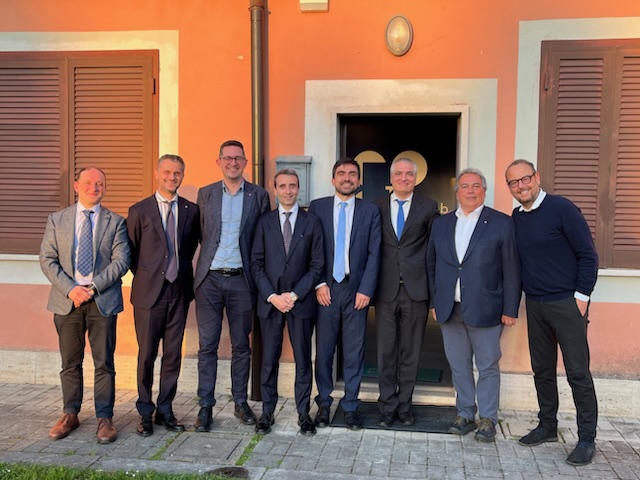Governance
Governance
The Association’s governing bodies are:
The Assembly has, among other responsibilities:
The Coordination and Management Committee oversees the ordinary and extraordinary management of Cyber 4.0 to achieve the Association’s objectives and is responsible, among other things, for:
The President is the legal representative of Cyber 4.0, convenes and chairs both the Assembly and the Coordination and Management Committee.
The Scientific and Steering Committee (SSC) has an advisory role and is composed of members’ representatives, highly qualified external experts in cyber security, and a representative for DIHs with which collaborative agreements have been entered into. The SSC has, among others, the tasks of:

The operational structure is organised along two dimensions by application areas (cyber, automotive, space, e-health) and cross-cutting lines of activity (guidance, training, innovation projects – R&D) to guarantee sufficient technical expertise and provide the specialized know-how to cover all Cyber 4.0 thematic and operational areas.
The Supervisory Board periodically verifies the formal and substantive regularity of the accounts and certifies the accuracy of both the budget and the final accounts.
To implement its program, Cyber 4.0 relies on an operational structure composed of full-time staff and the collaboration of experts seconded by its members to carry out specific activities.
The Center equipped itself in 2022 with an operational structure reporting directly to the Director of Operations, organized into 5 functional areas:
